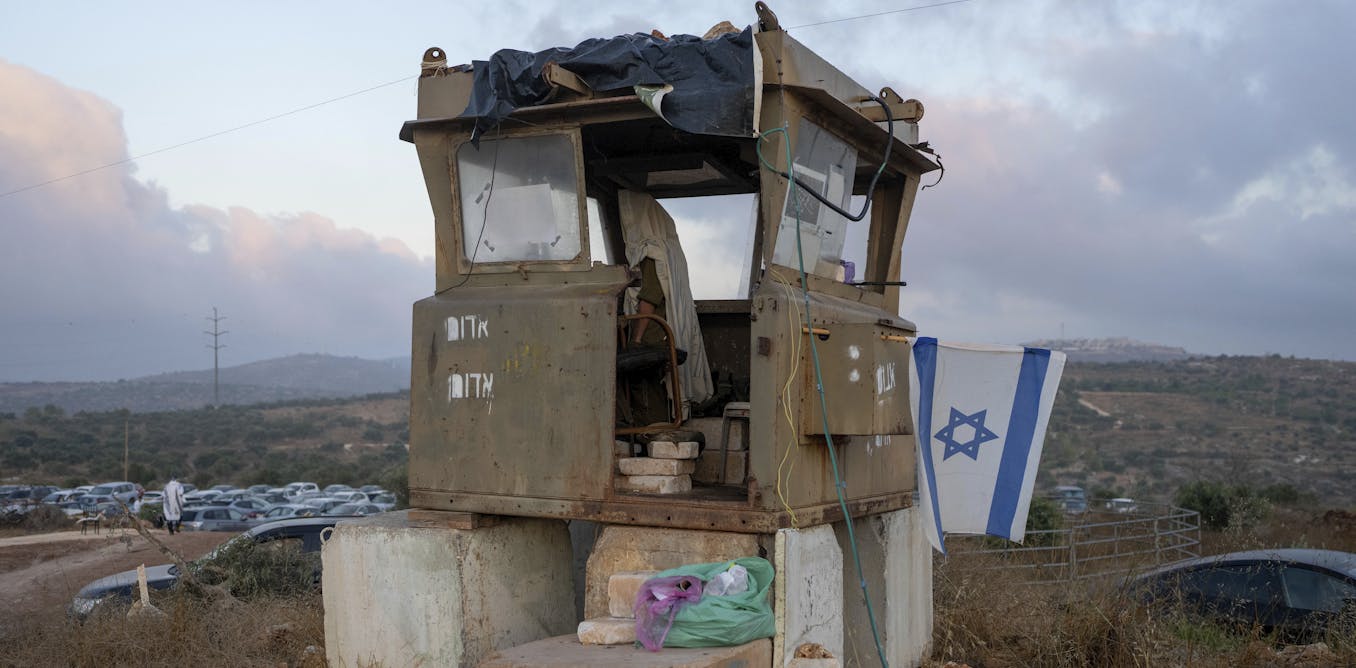Since October 7, 2023, while the conflict in Gaza captures global attention, a disturbing increase in settler violence has quietly escalated in the West Bank between Israelis and Palestinians. This surge, far from random, is rooted in complex ideological fervor and a strategic political vision, signaling a critical shift in the region’s dynamics within the broader Israeli-Palestinian conflict.
United Nations estimates highlight a dramatic rise in attacks by Jewish settlers against Palestinians, a significant departure from historical trends during Israel’s nearly six-decade control. These aggressions range from harassment of villagers attempting to access their lands to organized raids on communities, often leading to property destruction and displacement, raising serious human rights concerns.
While some incidents are portrayed as retaliation for Palestinian actions, the underlying causes run deeper than immediate tensions. This escalating campaign, as scholars contend, is driven by a confluence of ideological beliefs, particularly from a segment of religious Zionism that views contemporary events as steps towards a divine redemption and the assertion of Jewish control over historical Israeli land.
A significant portion of Israel’s Jewish population, including most West Bank settlers, adheres to a worldview that interprets the creation of modern Israel and its military victories as divinely ordained. From this perspective, events like the October 7 massacre and the ensuing war are seen as tests, demanding total military triumph and the subjugation of the Palestinian national movement, impacting Middle East geopolitics.
This fervent belief system fuels opposition to ending the war and advocates for expanding Israeli presence across the region, including the potential re-establishment of Jewish settlements in Gaza. In the West Bank, this translates into actions aimed at solidifying Jewish control by rendering Palestinian communities’ lives unsustainable, compelling their depopulation from rural areas.
The traumatizing events of October 7 hardened many Jewish Israelis’ conviction that a Palestinian state poses an an existential threat, creating a more permissive environment for settler violence. Previously, settler attacks drew broader criticism, but now extremist actions face less public condemnation, compounded by the perceived lack of effective government response.
A significant factor enabling this increase in violence is a pervasive climate of impunity. Israeli security forces, stretched thin by various operations, increasingly rely on civilian security teams and specific army units that often show little incentive to intervene in or actively participate in attacks on Palestinians, blurring the lines between state and militant actions.
Furthermore, the Israeli police, under far-right command, are often accused of ignoring complaints or even actively protecting settlers involved in violent acts, leading to a near-zero indictment rate for offenses committed against Palestinians. This systemic failure to prosecute further emboldens extremist groups, undermining legal efforts to curb the militancy and exacerbating human rights concerns.
This violence is not random but part of a coordinated strategy to entrench Jewish control. Alongside militant actions, Israeli authorities implement policies that undermine Palestinian economic development and land use, such as approving new settlements. This dual approach of “violence from below and policy from above” aims to coerce Palestinian depopulation and solidify Israeli sovereignty over the entire West Bank.






Leave a Reply